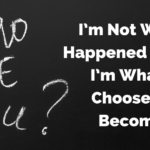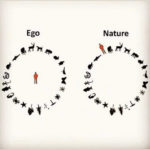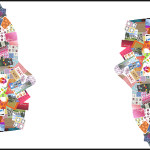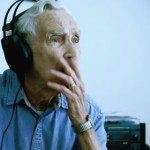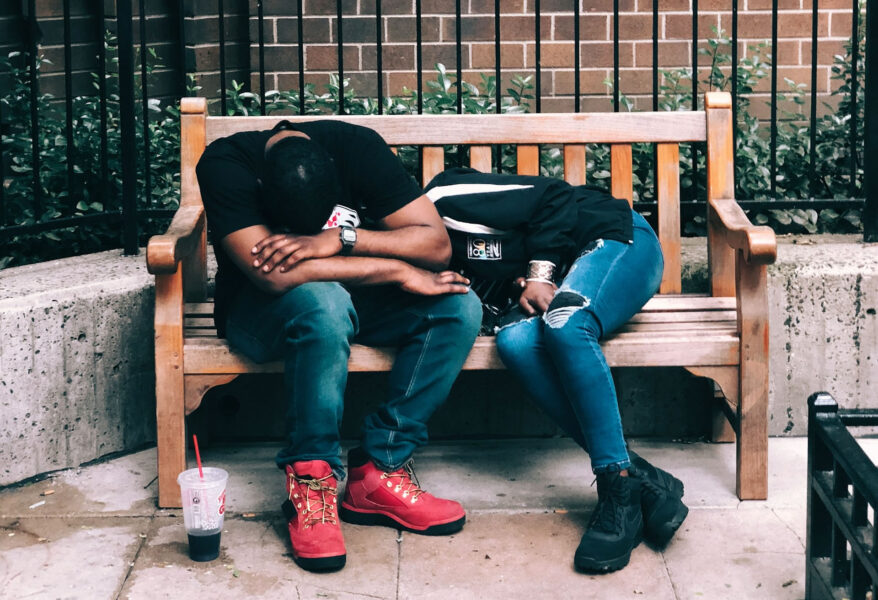
THE IMPERFECTIONIST
How not to freak out about the US elections, part two
I hesitated to return to this topic at all here, partly because I think stuffing our heads with partisan politics is a big part of what ails us, and also because not every reader of The Imperfectionist shares all my views – and now, more than ever, I’d like those people to stay. So you can be confident this isn’t about to pivot into a different sort of newsletter. Even so, I thought it might be useful, in this off-schedule edition, to share three thoughts that crystallized for me in recent days:
I don’t need these people’s psychodramas in my head anymore. The closest thing to a political point I want to make is that I’ve dedicated far too much brain-space, in recent years, to marinating in the psyches of the angry, cynical and damaged men currently ascendant in our politics – which is basically what you’re doing when you spend time on Twitter, idly surf online media, or consume most TV news. I’m not talking about people in general here. We’ve lots of work ahead to try to understand how large swathes of the population – people like us, in so many ways, who love their kids, and so on – could embrace viewpoints we find so bewilderingly abhorrent. And we’re going to have to be willing to accept the possibility that some of the failings might be, at least partly, on us. But these tasks won’t be aided in any way by remaining addicted to the feuds and fragile egos of the demagogues at the top, or their hangers-on in the commentariat, and the shocking things they say for attention and money. We can’t ignore the deep societal problems that have fueled their rise. But we absolutely can choose to excise from our lives all their distracting psychodramas, their whiny podium speeches, social media bloviating and related bullshit (which includes, by the way, the output of many of those building media empires by railing against them, too). And we can do it right now: click “log out” on the relevant app, and they’re gone from your world, just like that – leaving you better placed to address those deeper problems anyway, while also making progress on your other goals. At a minimum, I think this means drawing way back from social media, and probably heeding Cal Newport’s advice to get your news weekly, ideally in print. As Cal suggests, why not “use the stress of this election to be the final push needed to step away from the exhausting digital chatter that’s been dominating your brain”? But mainly today I just wanted to articulate the intention, and the doability of it. May all those angry attention-seekers one day find effective therapists! But in the meantime: screw them. Every single person reading this has better things to be doing with their limited time on the planet.
It’s time to double down on reality. Things reliably spin out of control in human affairs whenever we relate primarily to each other, and the world, through abstract conceptual lenses. That’s what’s going on when we see other people mainly as kinds of people, as members of demographic groups, nations, parties, or representatives of social forces. (And there’s nowhere on the political spectrum where people haven’t been guilty of that.) In a different way, it’s also what’s going on when we spend our days chasing fantasies of one day getting “on top of everything”, or persuade ourselves that real life is coming later, at some hypothetical future point. The antidote to all of this, in the broadest terms, is more reality, more immersion in the finite here and now: more writing on paper; more gathering in person and in public; more looking strangers in the eye; more scruffy hospitality; more queueing for the supermarket checkout that’s staffed by a human, if there even is one; more feeling the weather on your face and staring into fires; more living as creatures, not machines. (And yes, of course, digital technology is a part of reality too – but the challenge is to use it as a tool for showing up more fully for life, not for avoiding it.) One implication of all this for politics, I think, is that while it’s important to argue for the world you’d like to see, through activism and advocacy, it’s perhaps even more important to live it. To “start from sanity”, as I’ve termed it, by taking the way you want life to feel – sane, generous, meaningfully productive, embracing of difference, and everything else – and treating it less as something to strive towards, and more as a place to start from.
You really, really, really don’t know when a given event is, or isn’t, for the best. If this falls into the category of “too soon”, by all means file it away for later. But it’s true all the same: you can’t know what effect present-day events will have in the long run, and it’s to ignore your status as a limited human being to imagine you ever could. As the old Taoist story has it: “We’ll see.” Remember, it’s one of the normal responses to a diagnosis of critical illness – not the only one, but a commonplace one – to conclude that in the end, it was a wonderful gift, thanks to how it led to a focus on what truly mattered. Seismic political defeats can stoke the fires of renewal or transformation, while victories can breed complacency, leading to worse catastrophe. Of course, the point isn’t that good things always emerge from seemingly bad things – you can’t be sure of that, either! It’s that this radical uncertainty is where you’ve always lived, whether you realized it or not, and the only place from which you’ve ever accomplished anything. You don’t need hope. You can move forward in the dark. You just need to do “with conviction the next and most necessary thing” – which is all you’ve ever been able to do anyway. And there’s room for enjoyment in the middle of it all, too. I come back to John Tarrant’s observation that the average medieval person lived with no understanding of when the next plague, famine or war might come along to utterly upend their lives. If they’d waited until the future looked dependably bright before gathering for festivals, or creating art, or strolling under the stars with friends, they’d have been waiting forever. So they didn’t wait. You don’t need to wait, either.





